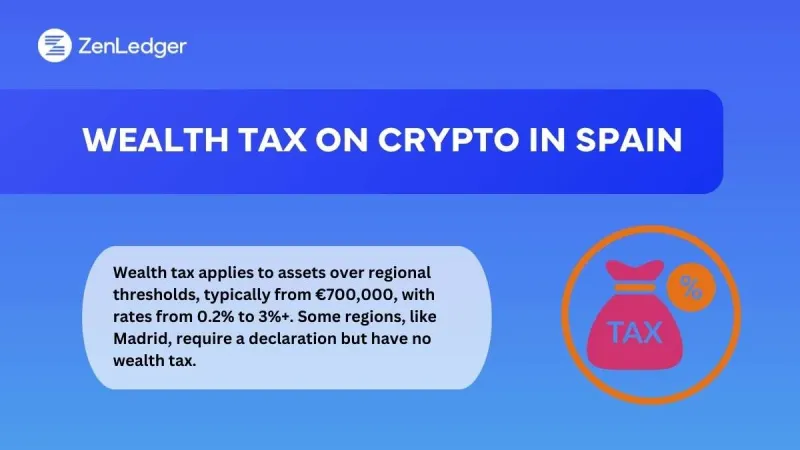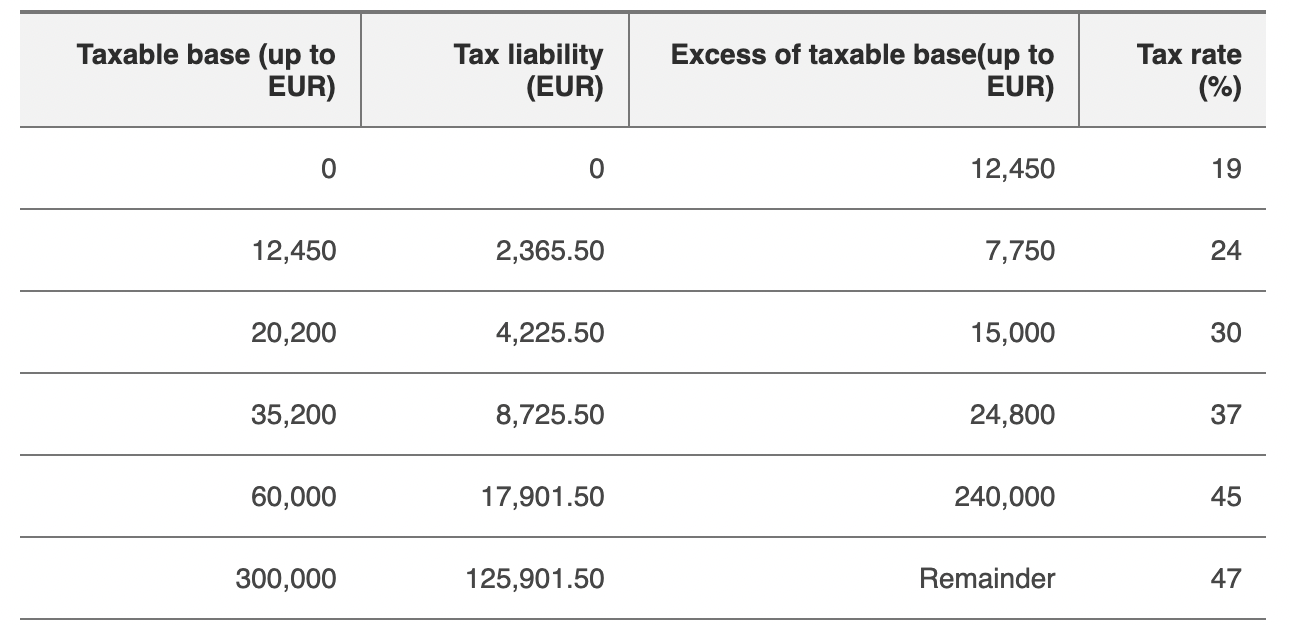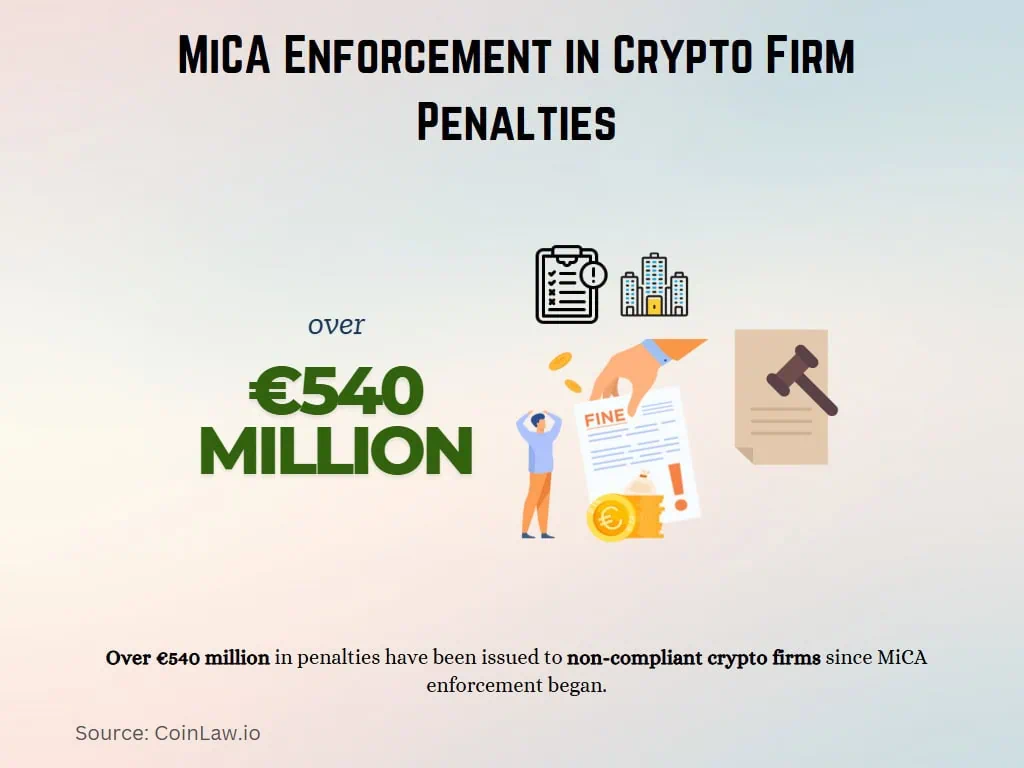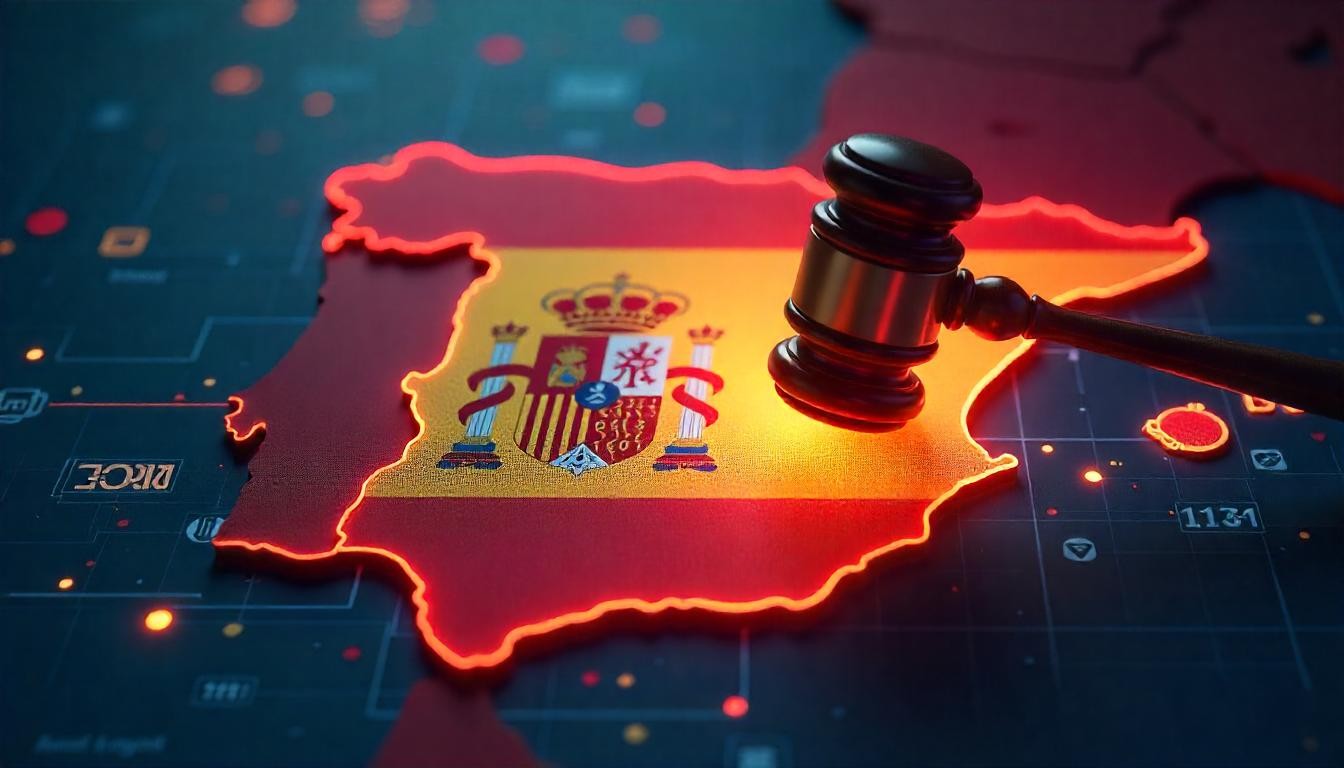Tapas, Torres, and Tax Codes for Crypto
Spanish laws give the green light to digital currency. The government recognizes these currencies as digital financial assets.
That said, the laws don't consider crypto an official currency. The euro is still the only legal tender. You can’t yet buy your café con leche with Bitcoin unless the shop owner agrees. Still, you can use crypto for private deals or investments with parties that are on the same page.
Spain has a solid legal framework around digital assets. The Royal Decree-Law 7/2021 took effect in 2021. This law put the Bank of Spain in charge of all digital asset exchanges.
Fast forward to 2023, Royal Decree 249/2023 joined the scene. The development required crypto holders to disclose their trades annually. This law also binds those whose coins are chilling abroad. Spain is also unpacking the EU’s Markets in Crypto-Assets Regulation. This rulebook grants the CNMV (the country’s market referee) extra powers to license and supervise digital currency service providers.

Are Your Crypto Trades in Spain Subject to Taxation?
Yes. The authorities want a heads-up if you’re turning a profit from crypto. Any profit you make from transactions based on digital assets is taxable. You must capture it in your tax info. The taxman doesn’t miss a beat, even if you’re trading one digital coin for another.
Here’s how Spain taxes digital coin transactions:
Purchases and keeping
Relax. The tax office isn’t after you if you’re simply keeping your crypto. The same goes when you’re buying coins with the national currency or moving them between wallets you personally own
Traders who buy crypto just to keep it don’t have to worry about the taxman if they're just keeping their coins. The same applies when you’re buying with euros or moving coins between your own wallets.
Crypto Sale
A trader can either make earnings or a dip when they sell coins like ADA or BTC for euros. The laws acknowledge the FIFO approach to decide the items you alienated. The taxman will look at the earliest acquired digital coins first when ascertaining your earnings or losses.

Mining and Wagering
Coin earnings are considered the same as typical cash earnings. The value right then counts as income. But it’s a different calculation altogether once you sell those coins later.
Trading one crypto for another
Crypto swaps are counted as selling one and buying a fresh one. You’ll need to note what your old coin was worth in euros and report how much you gained or lost.
Given Spain’s increasingly strict approach to digital assets, accurate tax calculation and reporting are essential. 8lends simplifies Spanish crypto tax compliance by automatically pulling data from exchanges, classifying transactions under Spain’s FIFO rules, and generating fully compliant tax reports. Whether you’re a casual trader or managing a diversified portfolio, 8lends ensures your filings align perfectly with Agencia Tributaria’s evolving crypto requirements.

How Are Cryptocurrencies Classified for Tax Purposes?
Crypto counts as a digital investment in Spain. Any profits when you sell it and make money is taxed just like other capital gains.
Courtney is a sharp crypto investor who knows her way around market swings. One Spring, she picked up 0.1 BTC for €1,500 with the plan to hold it for a while. But the price had climbed by midsummer, and selling wasn’t a bad idea after all. She earned €2,500 from the sale.
Her €1,000 profit was a win and a capital gain subject to a 19% deduction. This means the taxman parted with €190. But Courtney also knows not every trade shines. Suppose she’d sold that same bitcoin for only €1,300. That’s a €200 dip. Luckily, the laws allow her to use this loss to offset profits from other investments.
Types of Taxes That Apply to Cryptocurrencies

Spain doesn’t tax crypto with just one blanket rule. Here’s a quick look at what you’re dealing with.
Income Tax
All the crypto you earn from work, as a vendor or when staking rewards, is taxable income. Your tax statements should capture them as the yearly IRPF. An Ethereum payment valued at €10,000 is the same as earning €10,000 in cash. You may have to pay between 19 and 47% in income tax.
Capital Gains
This category covers all profits from exchanging your digital coins. Traders surrender between 19 and 28% to the fax collectors.
Laban’s no newbie to the crypto game. The savvy trader snagged some Bitcoin for €4,000 one morning and trusted his gut that the price would climb. His hunch paid off months later after he got a buyer offering €6,000. He made a cool €2,000. The profit falls under the 19% rate, so Laban owed €380 to the tax office. It was still a solid win in his book.
Wealth Tax
The law applies this tax to anyone whose total assets exceed €700,000. Crypto enthusiasts pay a 1.7% tax if their wealth is above €3 million. It climbs to 3.5% once assets go beyond €10 million. The initial €700,000 of wealth doesn’t count, and an extra €300,000 is excluded for your main home.
VAT and Other Indirect Taxes
The Spanish taxman plays by EU rules. Crypto traders aren’t hit with VAT. Regular VAT rates only step in once you spend your crypto on real-world stuff, like gadgets or coffee. The Tax Agency treats this like regular cash payments.

How are cryptocurrency transactions treated for VAT purposes?
Spain’s Tax Agency makes it clear that you won’t pay VAT if you swap one cryptocurrency for another or for regular money. You can call it fair play if the value you give is equal to the one you get. It’s possible even if the exchange comes with extra services on the side.
Article 20.1.18 of the VAT Law states that financial services linked directly to crypto can also avoid VAT. But a service is not considered financial and must pay VAT if a platform lets users invest their coins. This guideline extends to account management, advice, administration, or safekeeping.
Mining is treated differently. There’s no direct payment tied to the work done, so the law treats it as a taxable service.
How to Report Crypto on Your Spanish Tax Return
The Royal Decree 249/2023 requires everyone to report cryptocurrencies. The reporting requirement was also introduced via the anti-fraud Law 11/2021 and specified by Order HFP/886/2023.
Your first step should be determining your gains. Get your numbers, then follow these steps:
- List any earnings from sales or trades under the savings income part. Don’t forget to report your losses to balance out other investment earnings.
- Use Modelo 100 to declare your digital income and gains. This is the official form for personal taxes.
- Anyone living in Spain who holds digital assets worth over €50,000 outside the country must declare them through Modelo 721.
Are There Reporting Obligations for Cryptocurrency Transactions?
The EU Council recently approved DAC8. This new directive sets new tax transparency requirements for any service provider that helps EU residents trade or use crypto-assets. These rules will apply from 2026. They cover all providers and will force them to report on transactions made by EU clients.
The law governing the application of these rules in Spain is still in draft form. But the consultation process concluded in October 2024. Until the new law is finalized, Spain already has its own reporting requirements for crypto.
Businesses must comply if they provide services to hold private keys for clients. This includes exchanges that also store crypto (Form 172). They must also report if they offer exchange services between digital coins and fiat money or swap different cryptocurrencies (Form 173).
The draft bill allows the Spanish Tax Agency to seize crypto for unpaid debts. It also requires reporting on cross-border deals exceeding €1.5 million and obliges fiscal reporting for half a decade.
Penalties for Non-Compliance in Spain
You either play by the rules or pay the price. Missed reporting your crypto on your tax return? That mistake could cost you half of what you earned. This is particularly true if you made less than €3,000. The penalty may be in the 50%-100% range if there's evidence of hiding assets worth beyond the €3,000 mark. Serious fraud cases can attract a fine of 100%-150% of the tax due.
Expect a fixed fine of €150 for informational mistakes that come up as you use Modelo 721 for foreign-based digital crypto assets above €50,000. Non-compliance can escalate to tax fraud in some cases. Such legal proceedings may include more severe fines and even criminal charges.

Trim the Fat Off Your Crypto Tax Obligations

Spanish tax officers don’t skip crypto taxes. But you can lawfully lower how much you pay.
You’re definitely familiar with the old trick of using bad trades to soften the good ones. Say you made €1,500 from a winning trade but lost €500 elsewhere. That loss will cushion the blow such that you’ll pay the relevant taxes only on the remaining €1,000.
You should also avoid selling all web-based coins in one tax year. Savvy investors spread sales across different years to lower their total rate. Be sure to deduct power costs or platform fees from your taxable income from mining or staking. Exchange fees and transaction charges reduce your profit. Keep records so you can subtract them from your gains.
Conclusion
Spain’s crypto tax landscape rewards those who stay proactive and organized. But even the most diligent investor can struggle with the constant regulatory updates, cross-platform tracking, and complex FIFO calculations. That’s where 8lends provides a real advantage.
The company automatically consolidates your trades from every exchange and wallet, applies Spain’s tax rules, and produces precise, ready-to-submit reports. It’s designed to handle everything – from DeFi income and NFT gains to staking rewards – so you never miss a taxable event or underreport your profits.








